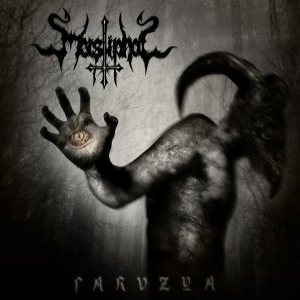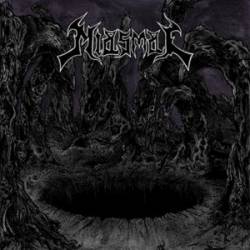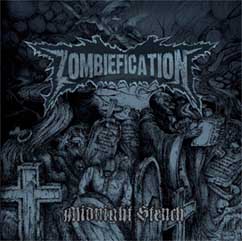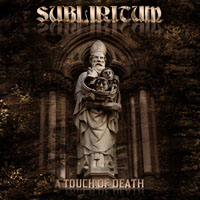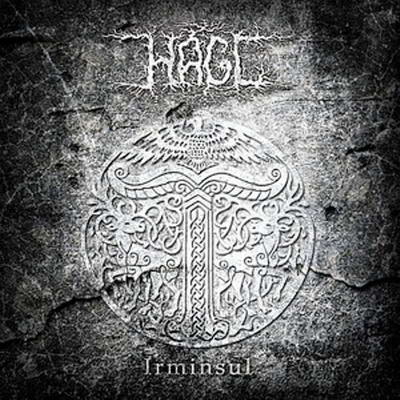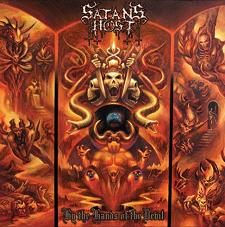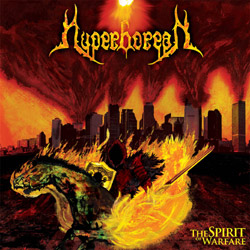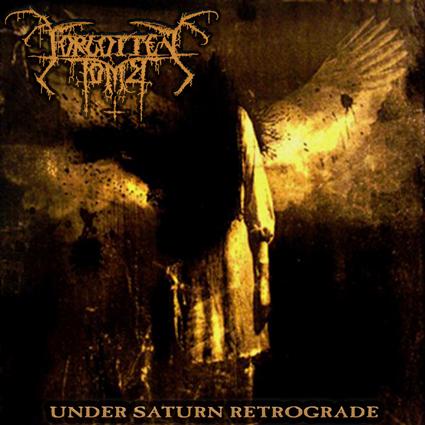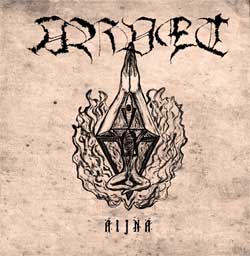Considering how modern black/death metal fusion Mastiphal plays on their second full-length Parvzya, it comes as a surprise that the band embarked on its journey back in 1991 already (though under a different name), releasing the debut album 1995 and hence belonging to the first Polish black metal groups. I am not familiar with that record, but at least on Parvzya there’s a slight lack of originality, the album being quite a basic slew of tracks which fluctuate between modern Watain esque discordance and more old school and death metal influenced heaviness.
While Parvzya evokes an aura of convincing darkness, not every second is pure splendor. The songs are executed smoothly with either rapid speeds or with good grooves, not to forget those epic solos, but only rarely do the songs rise to truly memorable riffing. ”May He Rot in Hell” and ”Under the Sign of the Morning Star” could be noteworthy mentions here, being some of the album’s highlights, but around the middle of the album, Parvzya starts to repeat its common blasting a tad too much.
As a usual complainer of polished productions, I could mention the drum sound that would have worked better with a filthier sound instead of this professional and sterile precision they call a standard for drums on extreme metal albums nowadays. Perhaps I’m supposed to just get used to this Necromorbus studio sound that dominates on every other new release I hear today, ha. Luckily the other instrumentation works nicely (guitars varying from downtuned murkiness to the more common black metal tremolo menace), as does Flauros’ evil spewing.
In the end, what’s left of Parvzya is a few captivating tracks and an overall good atmosphere. Tight playing and clear sound, these both maybe to an excessive level. There’s no way of calling Parvzya a true masterpiece but the whole has its moments of brilliance, hence rating the album in the scale of one to five is a tough decision, but I’m settling to a moderate score. If modern and extreme is your thing in particular, you may add a half star or even more, because Parvzya clearly isn’t the worst effort in this style.
While Parvzya evokes an aura of convincing darkness, not every second is pure splendor. The songs are executed smoothly with either rapid speeds or with good grooves, not to forget those epic solos, but only rarely do the songs rise to truly memorable riffing. ”May He Rot in Hell” and ”Under the Sign of the Morning Star” could be noteworthy mentions here, being some of the album’s highlights, but around the middle of the album, Parvzya starts to repeat its common blasting a tad too much.
As a usual complainer of polished productions, I could mention the drum sound that would have worked better with a filthier sound instead of this professional and sterile precision they call a standard for drums on extreme metal albums nowadays. Perhaps I’m supposed to just get used to this Necromorbus studio sound that dominates on every other new release I hear today, ha. Luckily the other instrumentation works nicely (guitars varying from downtuned murkiness to the more common black metal tremolo menace), as does Flauros’ evil spewing.
In the end, what’s left of Parvzya is a few captivating tracks and an overall good atmosphere. Tight playing and clear sound, these both maybe to an excessive level. There’s no way of calling Parvzya a true masterpiece but the whole has its moments of brilliance, hence rating the album in the scale of one to five is a tough decision, but I’m settling to a moderate score. If modern and extreme is your thing in particular, you may add a half star or even more, because Parvzya clearly isn’t the worst effort in this style.
2.5 / 5

